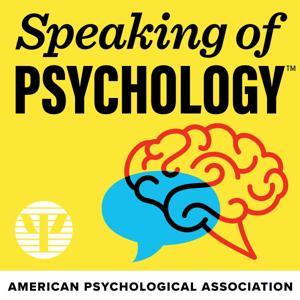In my recent exploration of artificial intelligence, I stumbled upon a fascinating article entitled, “Instructors as Innovators: a Future-focused Approach to New AI Learning Opportunities, With Prompts" which introduced the concept of goal-play interaction between students and AI. The authors provided a prompt for this interaction, which I found to be an intriguing application of AI to create interactive, educational experiences for students.
I adapted the prompt provided in the article to be more aligned with psychology concepts, particularly for students learning about cognitive distortions. I experimented with various AI models, including Google, Gemini, Meta, Perplexity, and ChatGPT, and the results were truly enlightening.
The goal of this exercise is for the individual to assume the role of a counselor, while the AI embodies a person exhibiting cognitive distortions. However, I must note that the outcomes were not always predictable, as different language models sometimes altered the dynamics of the interaction. Despite this unpredictability, I found the interactive conversations to be incredibly valuable, sparking insightful discussions around cognitive distortions and Aaron Beck's groundbreaking work in this field. I invite you to try this out and share your experiences with your students (and with me as well as I'd love to hear how you've been using - and possibly modifying - this prompt). I am continuously refining this experiment and welcome any suggestions to enhance its reliability and effectiveness.
I encourage you to engage in this thought-provoking exercise and explore the potential of AI to create engaging and meaningful conversations around psychological concepts. As you'll see, I instructed the AI to draw from content on the Psych Central site, so thanks to them for providing very clear explanations of various types of cognitive distortions. Happy experimenting!
Instructions: copy all of the text below (without the lines) and then past it into whichever AI large language model of your choice. I have tried this in the free version of ChapGPT as well as paid versions of Perplexity, Gemini, and Meta, and it works well, though differently, in each one.














































